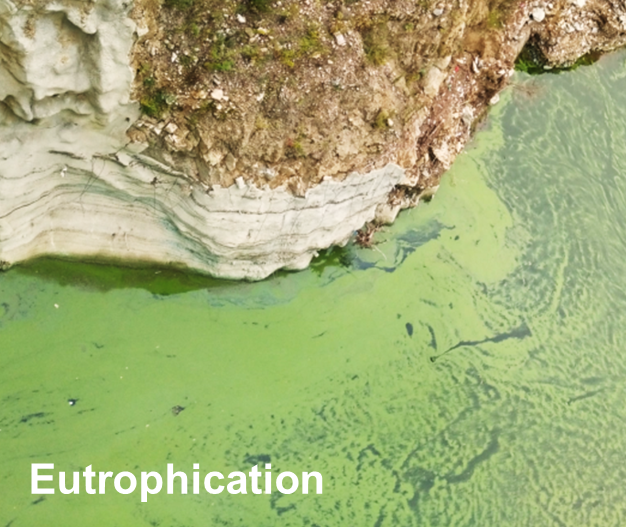Type of Project: MSc Thesis/internship
Starting date: Feb or Mar. 2025, a later starting time is possible
Duration: > 5 months (could be discussed)
Salary: The allowance for students is €200. The student can apply for ‘Wetsus Grant’ allowance (€200 extra; an internal committee decides if the allowance will be granted).
Location: Wetsus – European center of excellence for sustainable water technology (Leeuwarden, Netherlands)
Introduction:
Phosphorus (P) management is key issue in wastewater treatment. Controlling and removing P from wastewater effluent is critical for protecting water quality. Among the treatment strategies, the use of iron oxide adsorbents stands out for its good performance at low P levels. However, much research focuses on the adsorption perspective, the regeneration and neutralization aspects still lack a comprehensive understanding.
The current regeneration and neutralization process for iron oxide adsorbents faces several critical challenges. Typically, regeneration uses 1M NaOH for maximum efficiency. However, the presence of calcium and repeated regeneration cycles can significantly reduce regeneration efficiency, and potentially reduce the stability of iron oxides. Additionally, the hydroxide retention within the adsorbent during regeneration complicates the neutralization process, increases the risk of surface precipitation, and results in chemical loss. Furthermore, the time-consuming neutralization process delays subsequent adsorption cycles and consumes substantial amounts of water and chemicals, increasing the operational costs.
This study aims to improve the regeneration and neutralization processes of iron oxide adsorbents used for phosphorus removal, and to enhance regeneration efficiency, minimize chemical and water consumption, and reduce operational delays

Your tasks:
– Batch and column experiment operation.
– Water quality analysis (TOC analyzer, LC-OCD, ICP-OES)
– Material analysis (BET-SSA, SEM-EDX, FT-IR, etc.).
– Data analysis.
Your profile:
– Currently enrolled in Master’s studies
– Background in environmental, chemical, physical, or material fields, whether in science or engineering disciplines
– Good practical and experimental experience
– Good communication skills in English.
– Currently studying in the Netherlands or has citizenship from an EU country.

How to apply:
Please upload your CV (max. 2 A4 pages), a motivation letter (max. 1 A4 page), and a list of the attended courses in the application form below. Feel free to contact Yuwei Huang (yuwei.huang@wetsus.nl) if you have further questions or need more information.